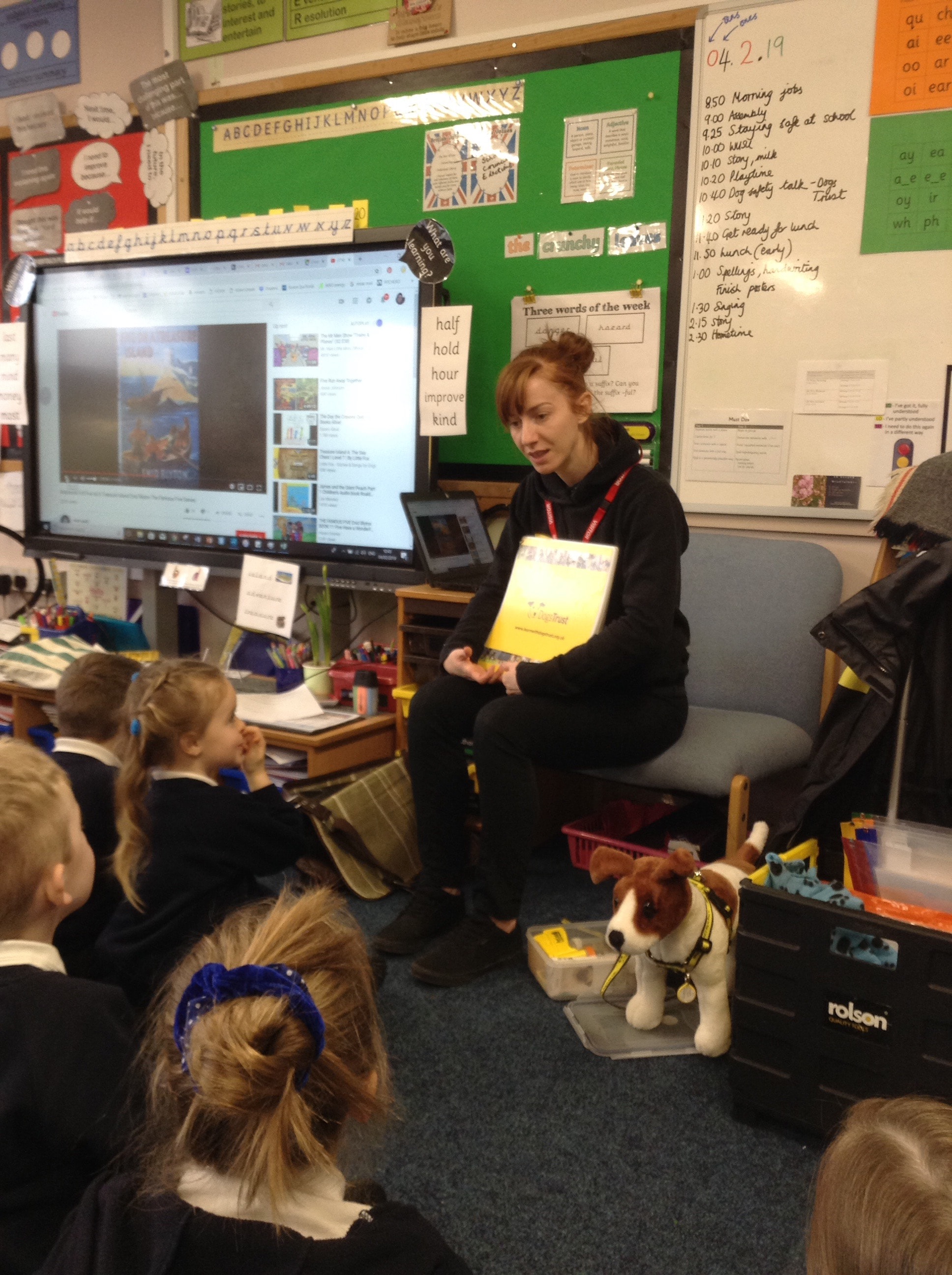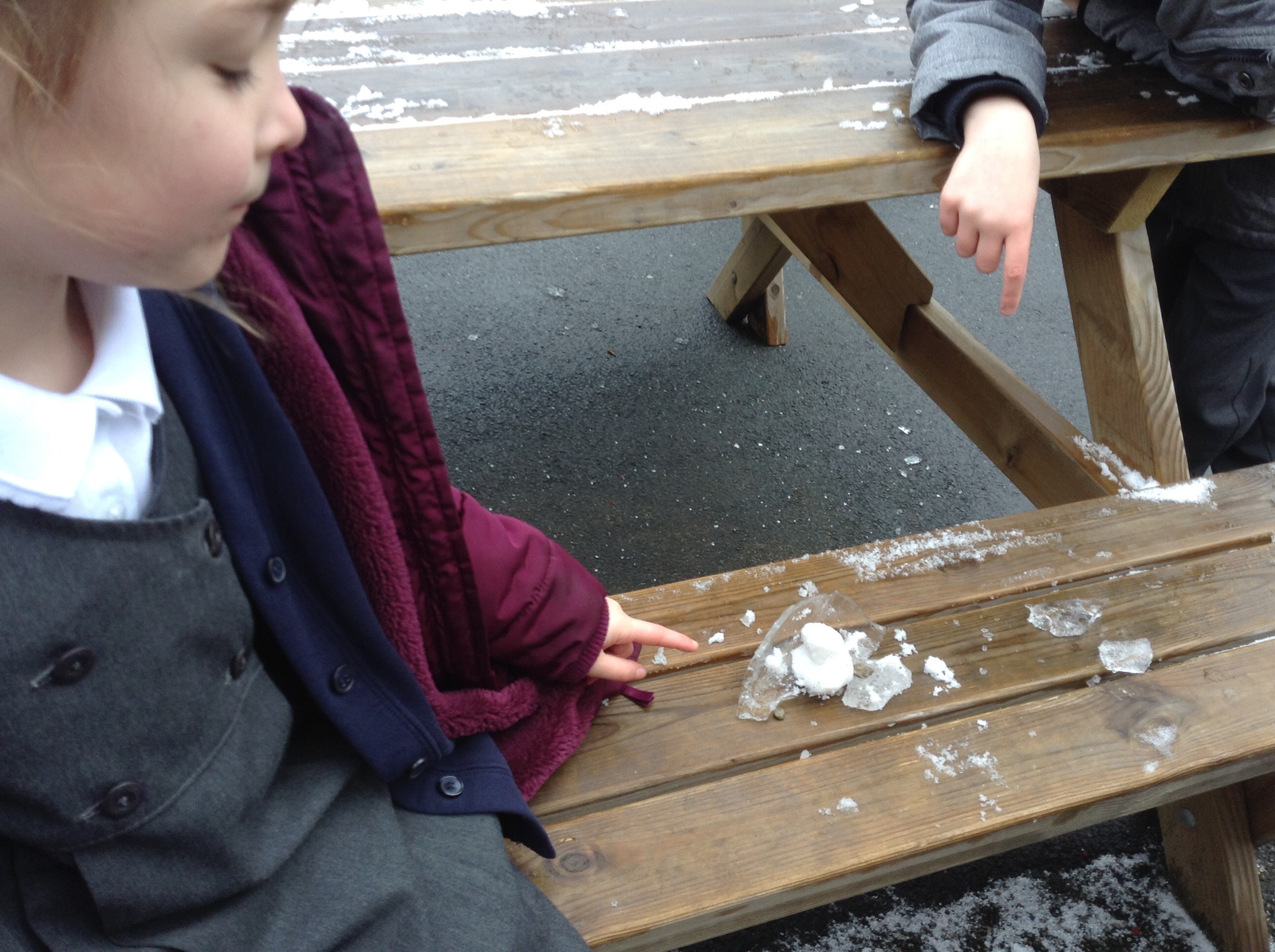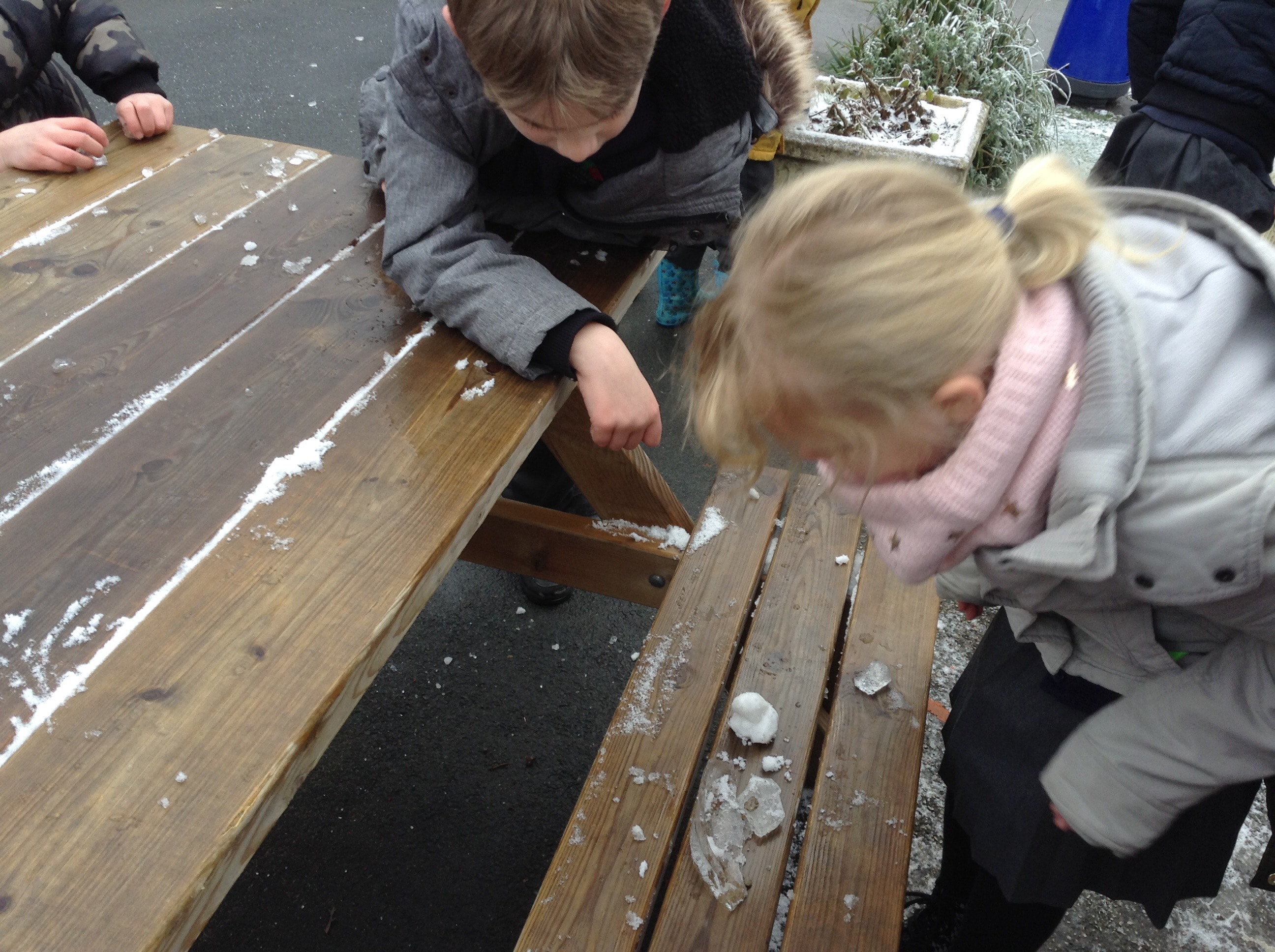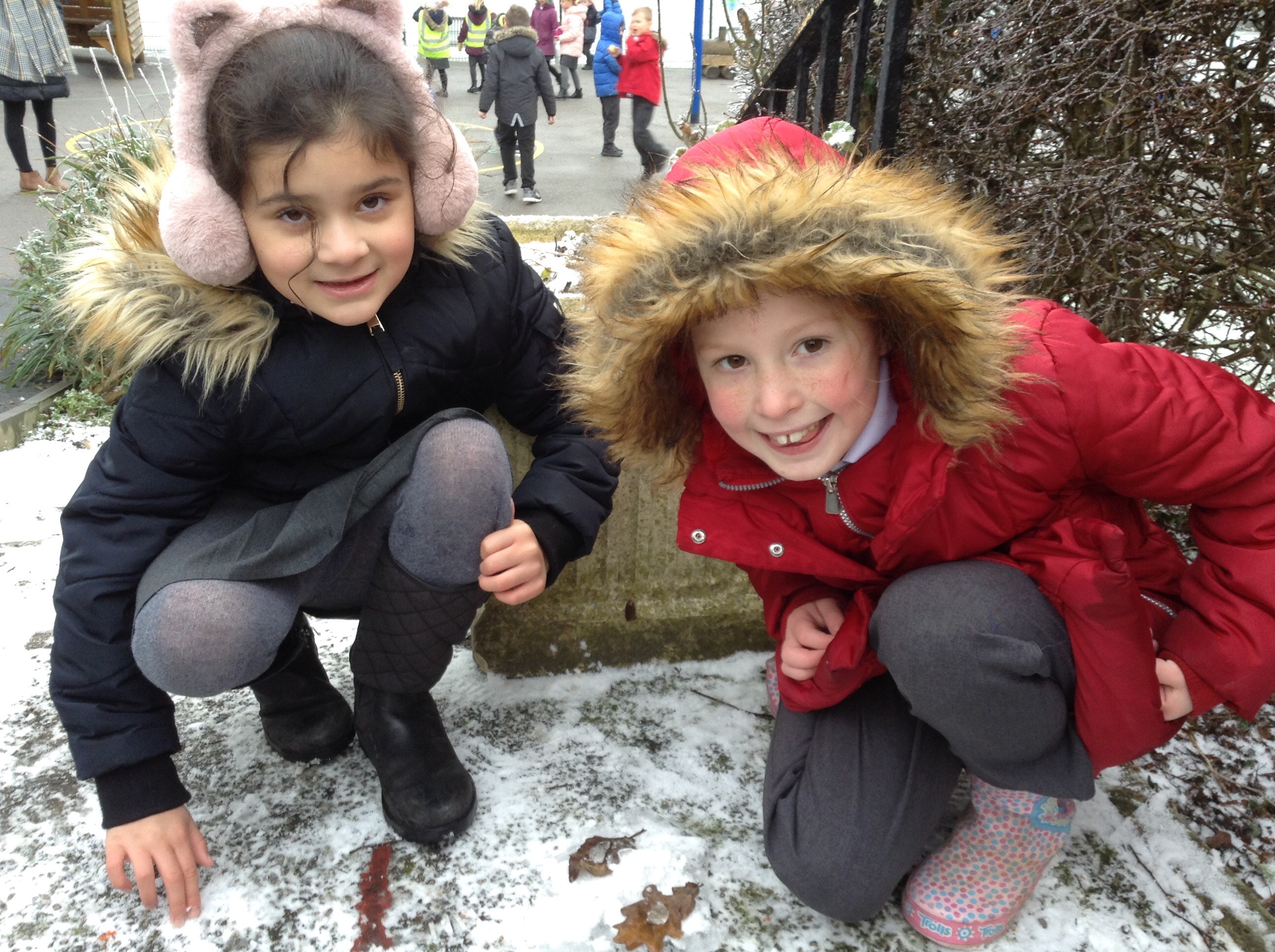PE – rugby
In PE, we’ve been practising our rugby skills. A key skill in rugby is evasion (ask your child what this means). Today, we devised our own games to help us practise these skills.
Challenge your child be asking them to evaluate the games below using the APES acronym:
Is it active?
Is it purposeful?
Is it enjoyable?
Is it safe?
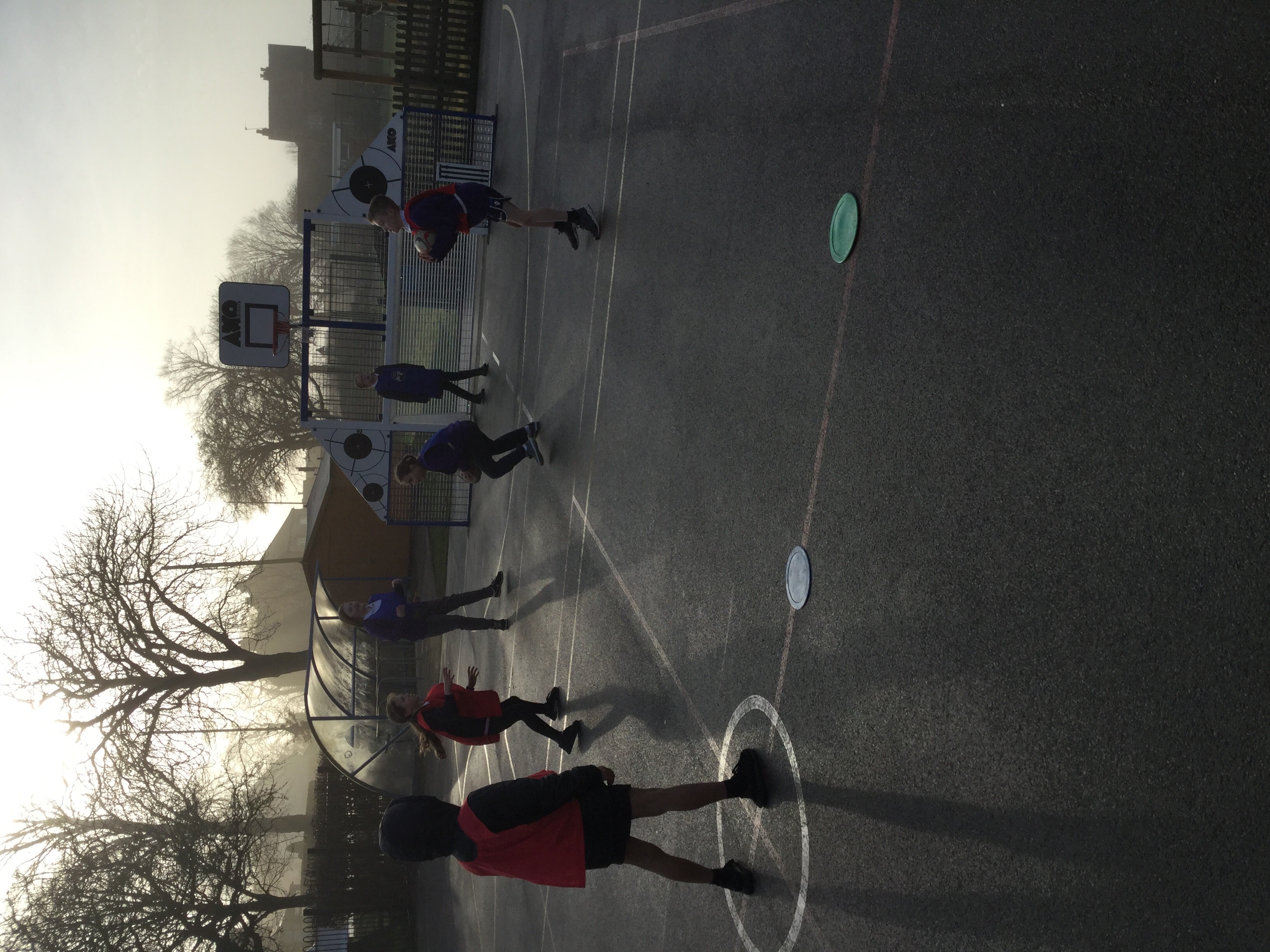
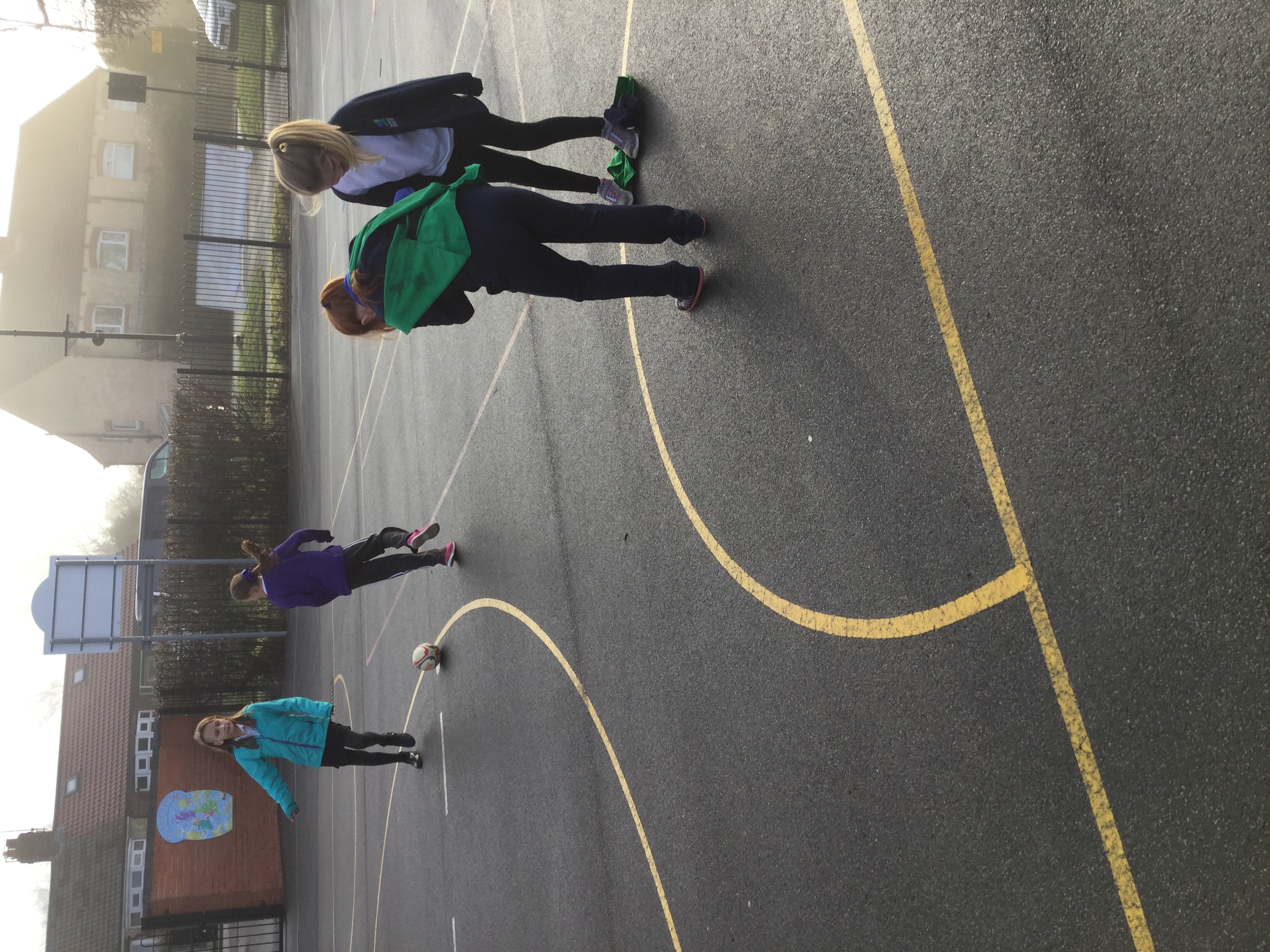

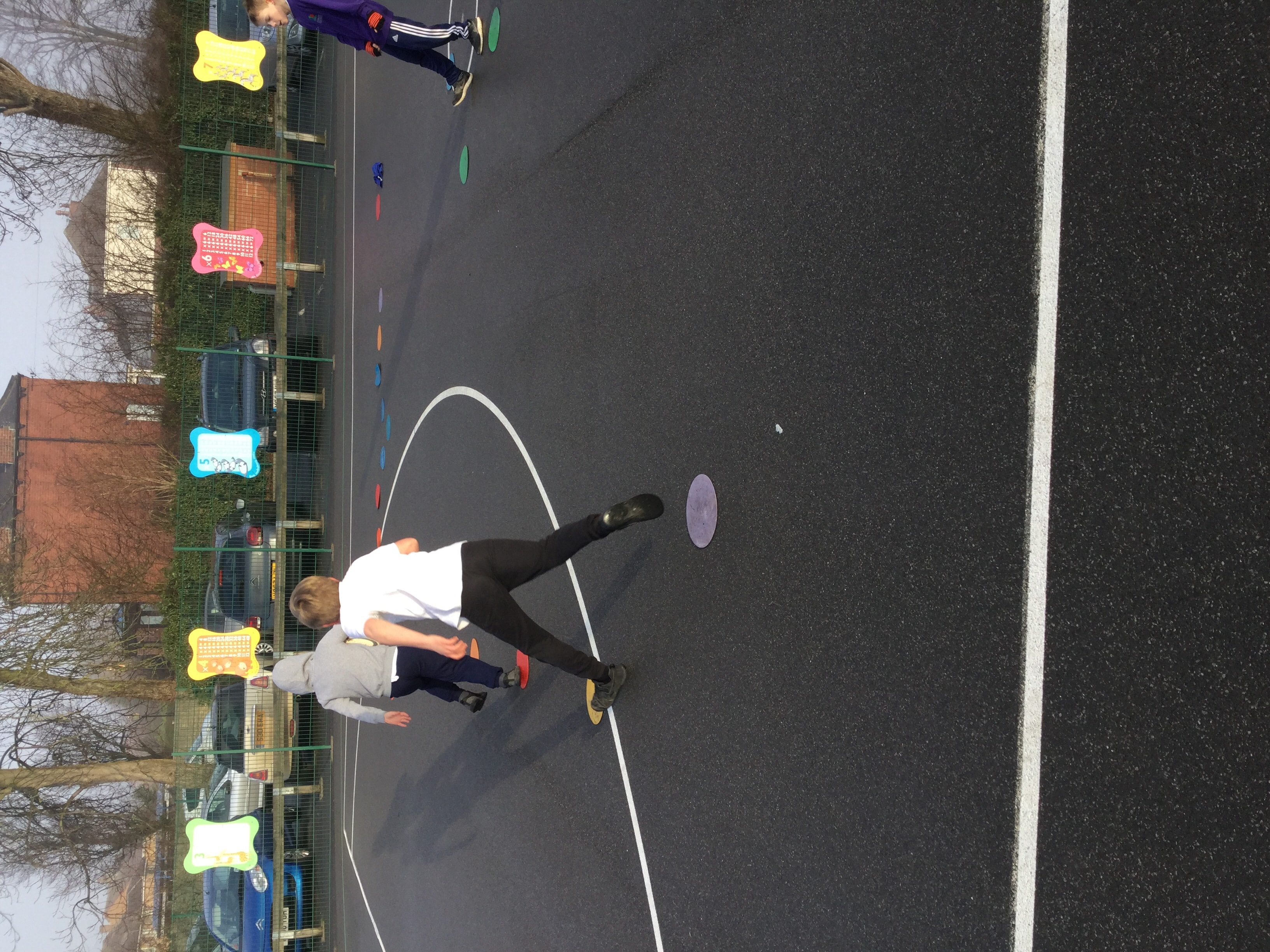
Living and learning (staying safe) – Dogs Trust
We had a dog safety workshop delivered by the Dogs Trust today. We learnt about what they do to care for dogs and how to keep safe around dogs.
Living and Learning – I know how to stay safe
Smoking
Today, we had an extremely busy day with various ‘safety’ visitors with super learning going on in our classrooms too.
One of the highlights, was our D:side visitor who talked to us about the effects of smoking.
We observed a jar of tar – just like the tar found in cigarettes. It was thick and extremely sticky!
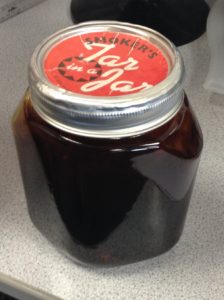
Did you know there are over 4000 harmful chemicals in one cigarette?
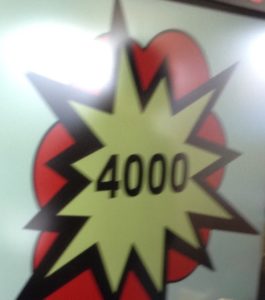
Here are a few…nail polish remover, toilet cleaner, carbon monoxide, battery acid and rat poison!
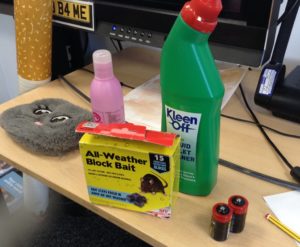
We learned that money from cigarettes go straight to the government.

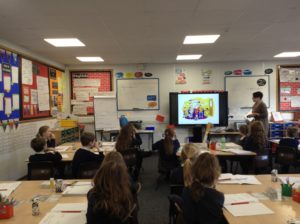
Finally, we learned about the effects of smoking and passive smoking on our lungs.

There were many questions about vaping and e-cigarettes, which was also covered by D:side. Here are some questions the children asked:
“Are the effects of smoking permanent?” Ellie.
“Is vaping smoke as bad as real smoke from a cigarette?” Harry.
“Should I hold my breath if someone is smoking?” William.
Go ahead and ask your child about our visitor today – they listened brilliantly!
Living & Learning – Drug Safety
Today, we kick started our staying safe themed week by welcoming a visitor from D:Side (Drugs: support, information, drug education). They came to us to educate us about solvents and how they can be misused. Ask your child by asking them what a solvent is.
We started by learning about risk assessing. This is something we do all the time, often without realising. For example, when we decide not to touch a sharp object, we have risk assessed (and hopefully avoided injury).
Then, we thought about some everyday objects and whether there was a risk associated with them. We learnt that even things we may use (like nail varnish, paint, glue and aerosol deodorants) can be harmful to us if they’re used the wrong way. Ask your child what a safer alternative to an aerosol deodorant is.
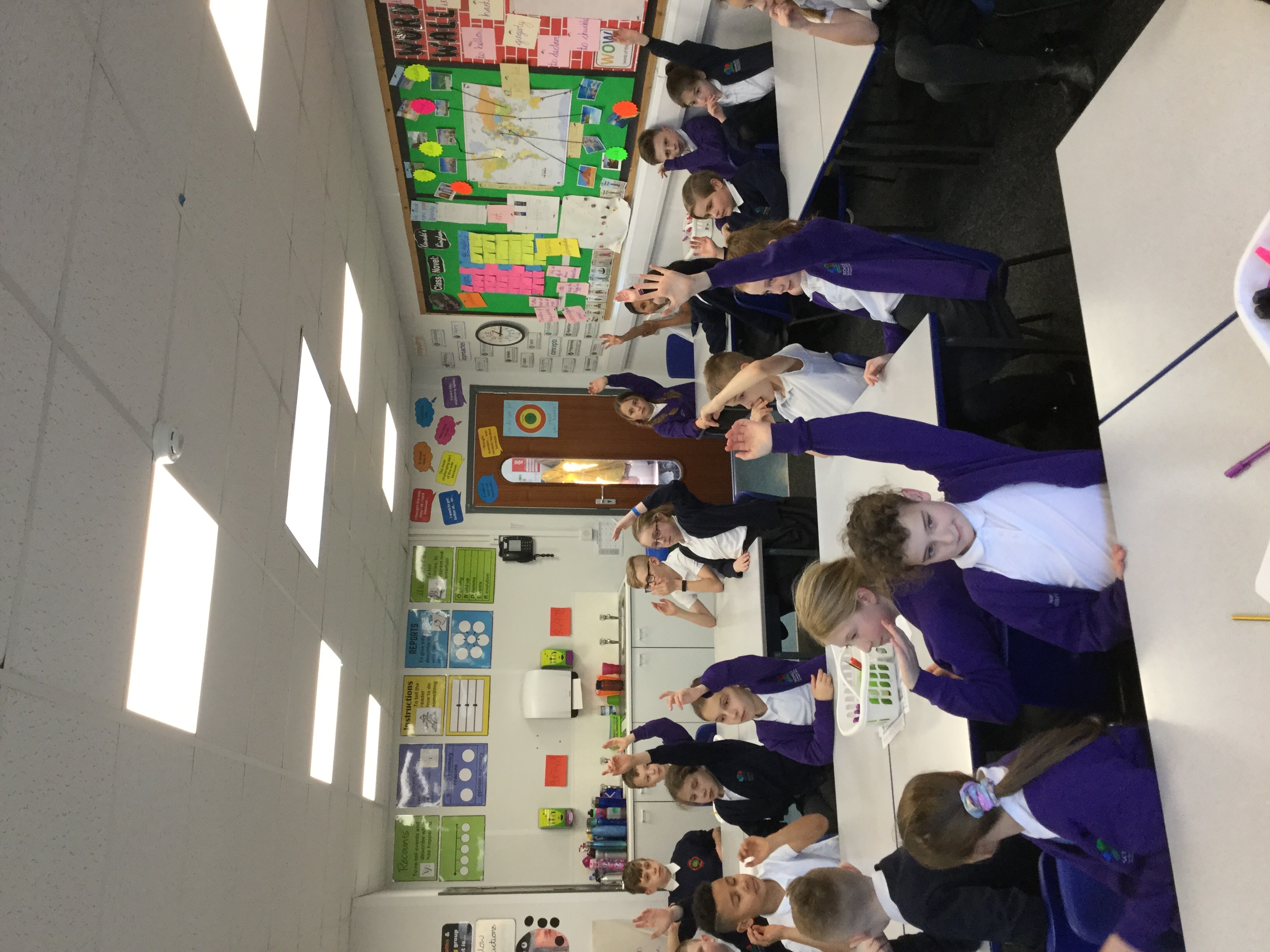
Importantly, we then learnt what these symbols (which we find on many products) mean…
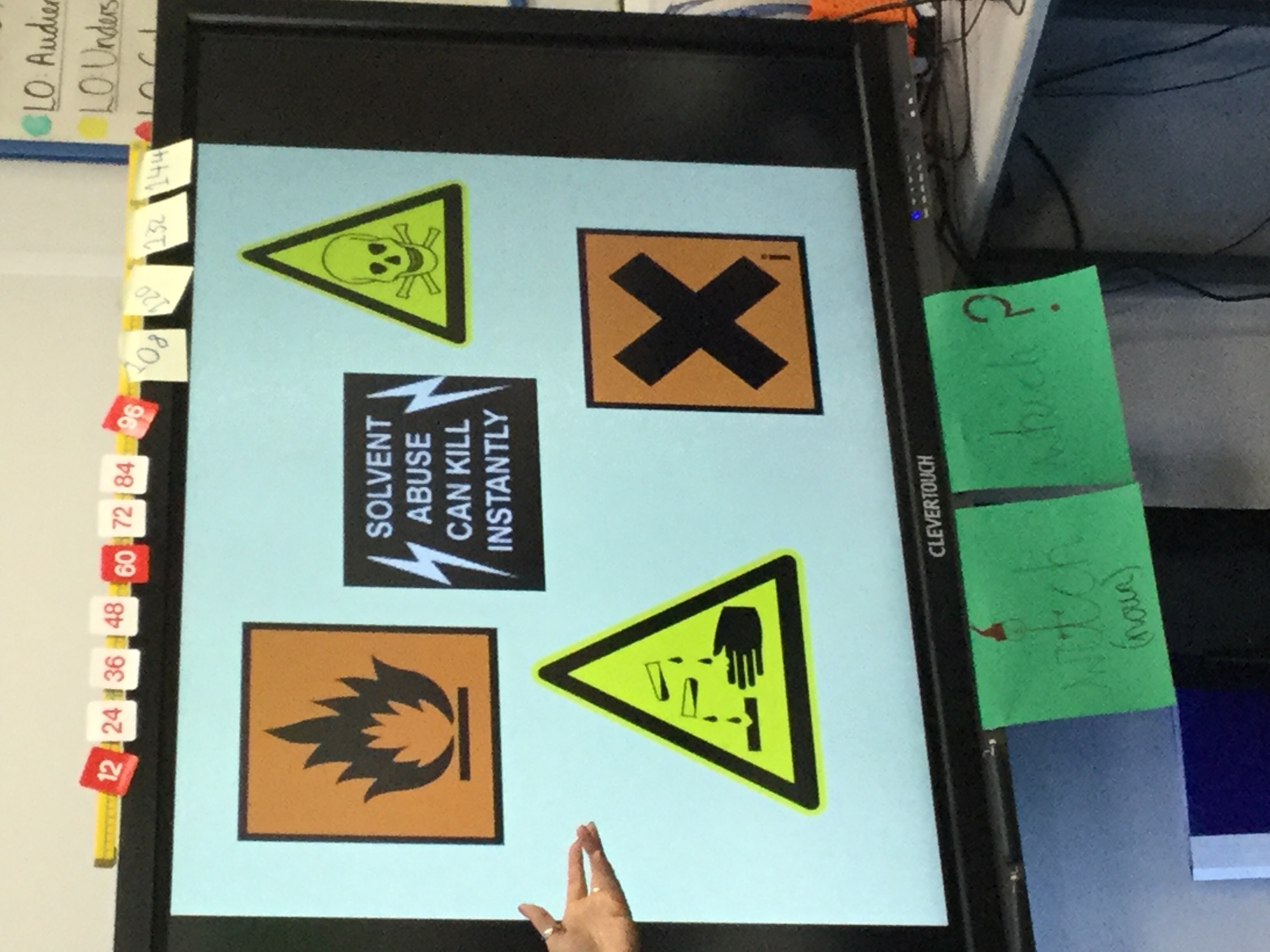
We looked at some real life examples, too.
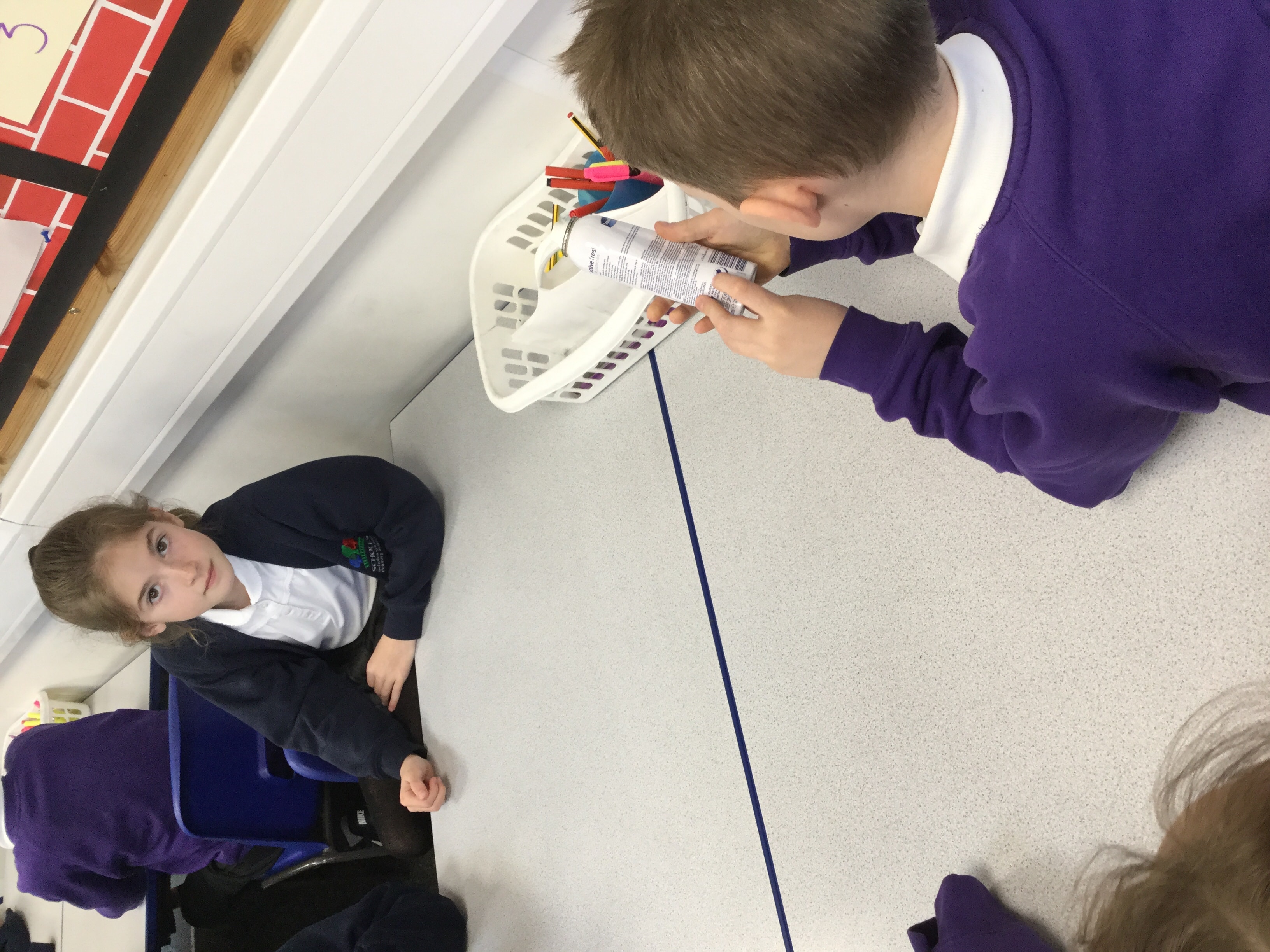
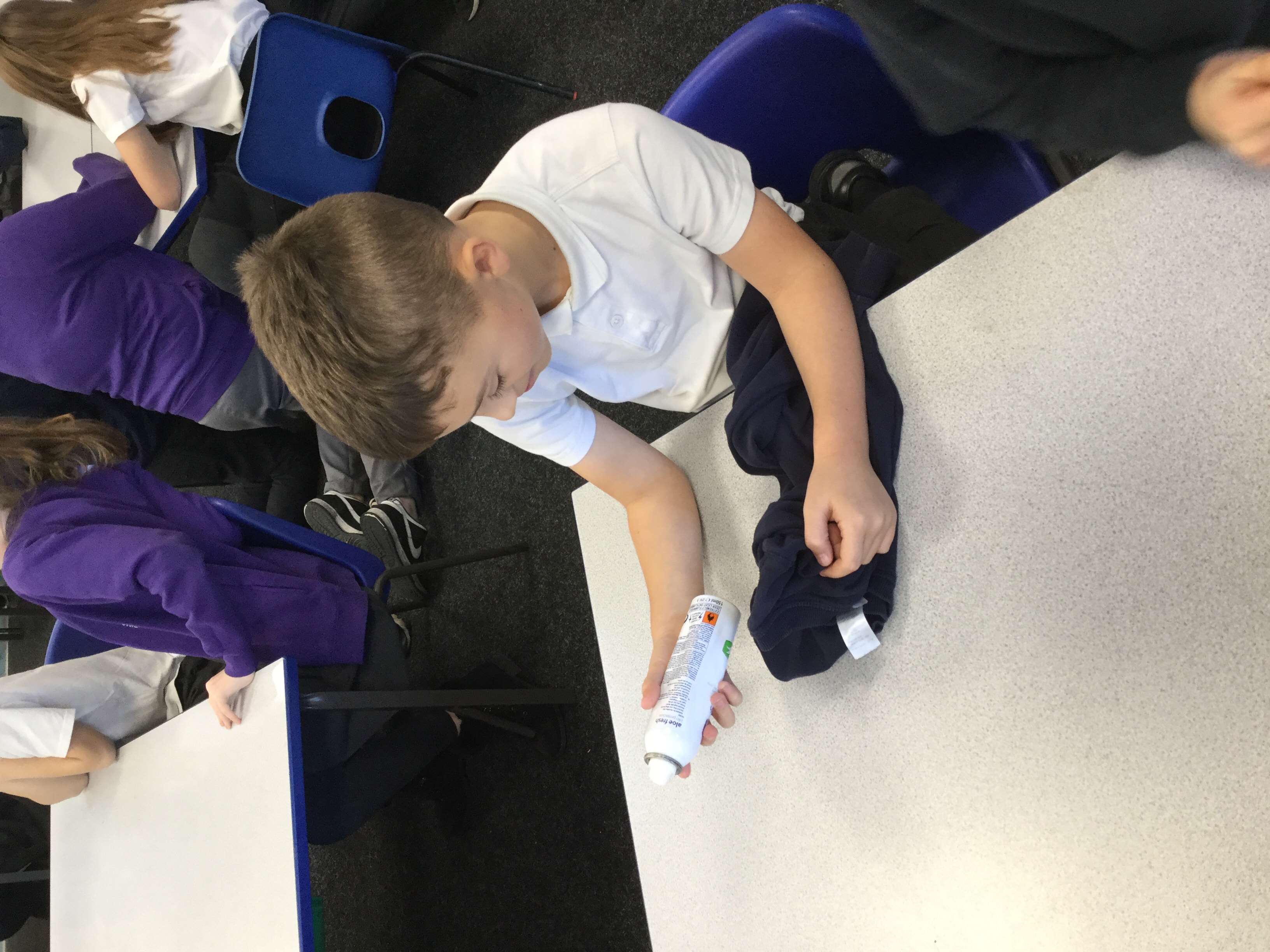
Challenge your child by asking them what each symbol means.
Living and Learning Homework-What is a drug?
All the year 1 and 2 classes have had fantastic homework review sessions this week. There were lots of varied examples of what a drug is. We will be learning more about this topic during our Safety Week next week. 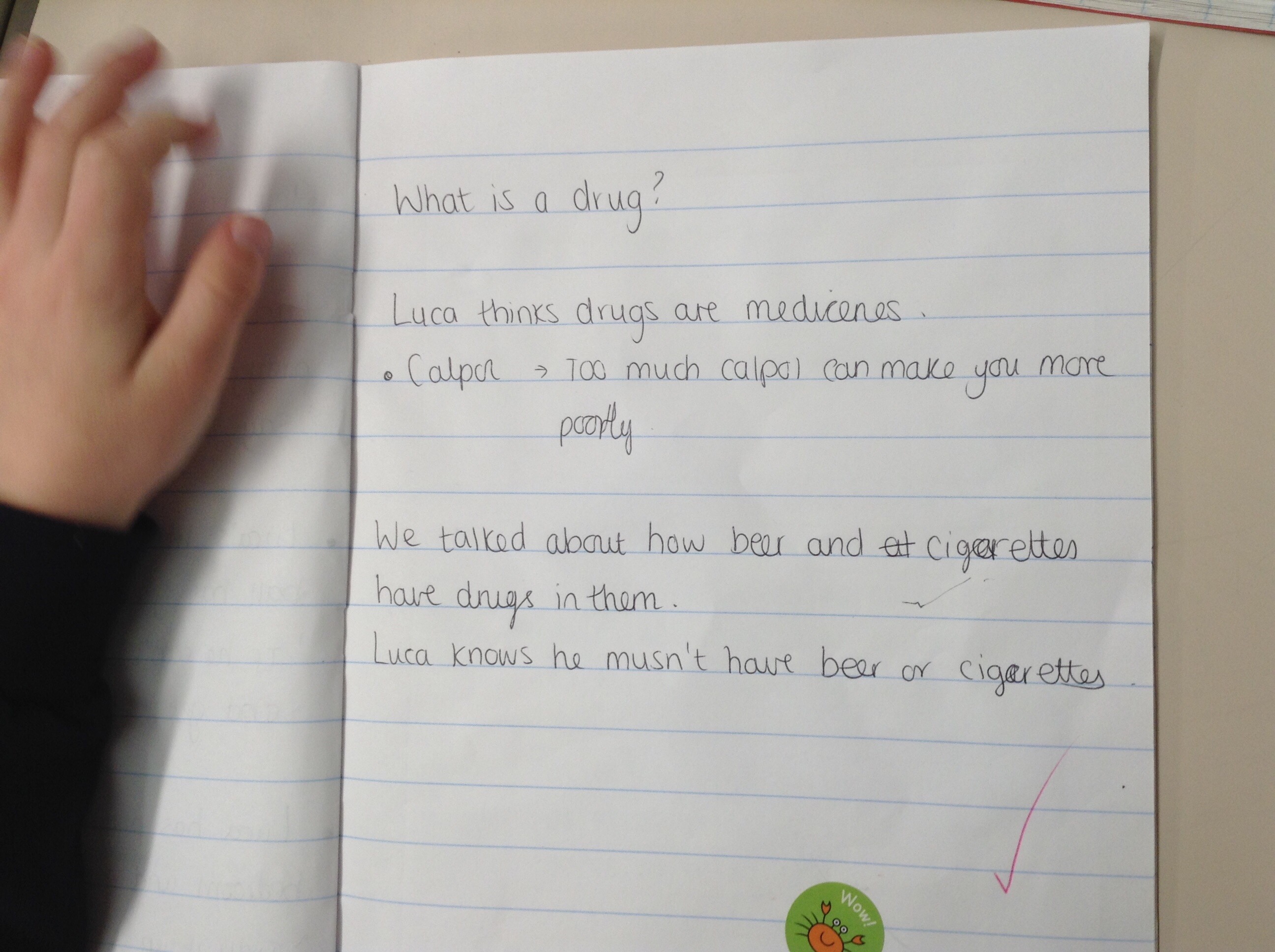
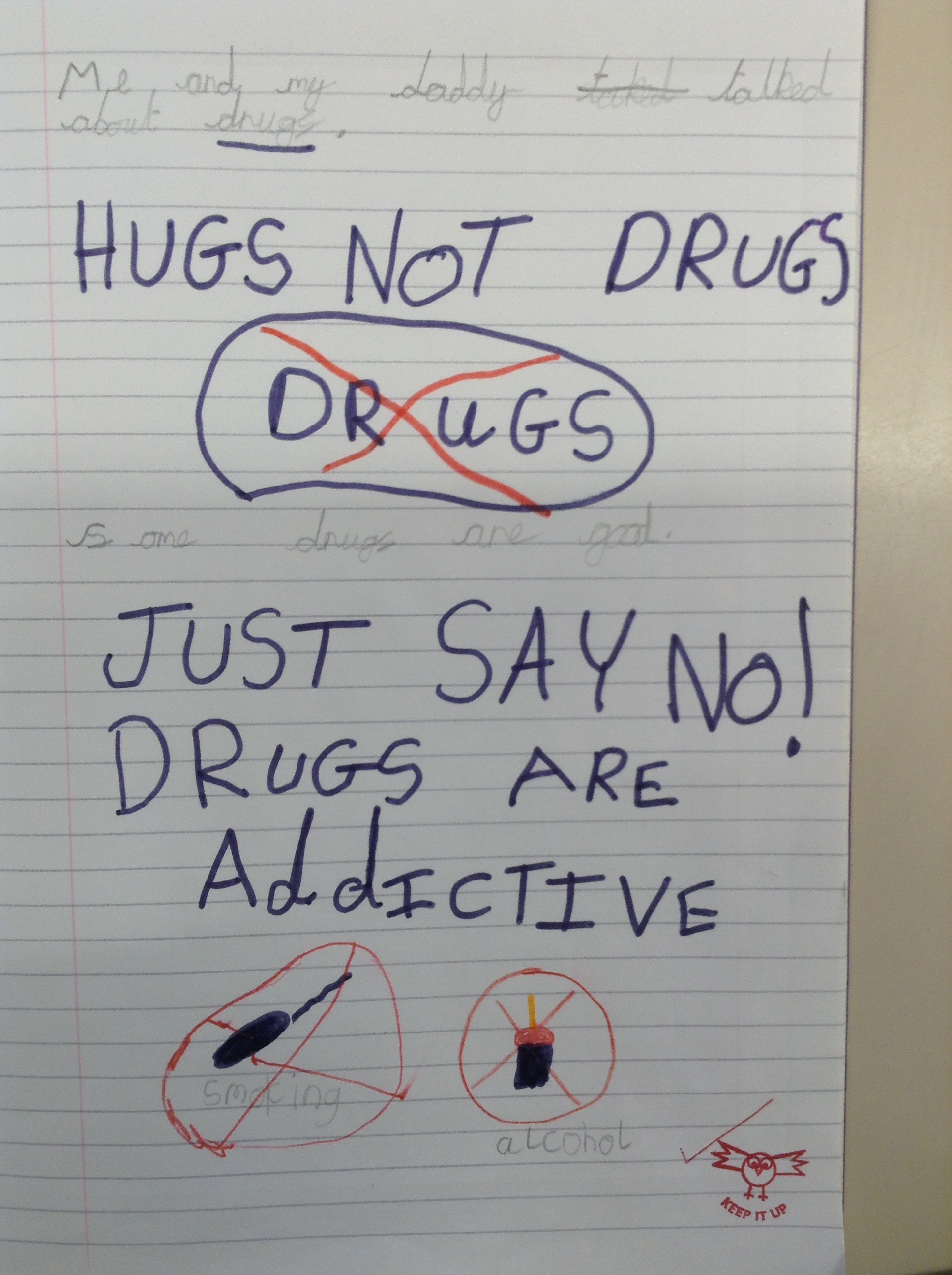
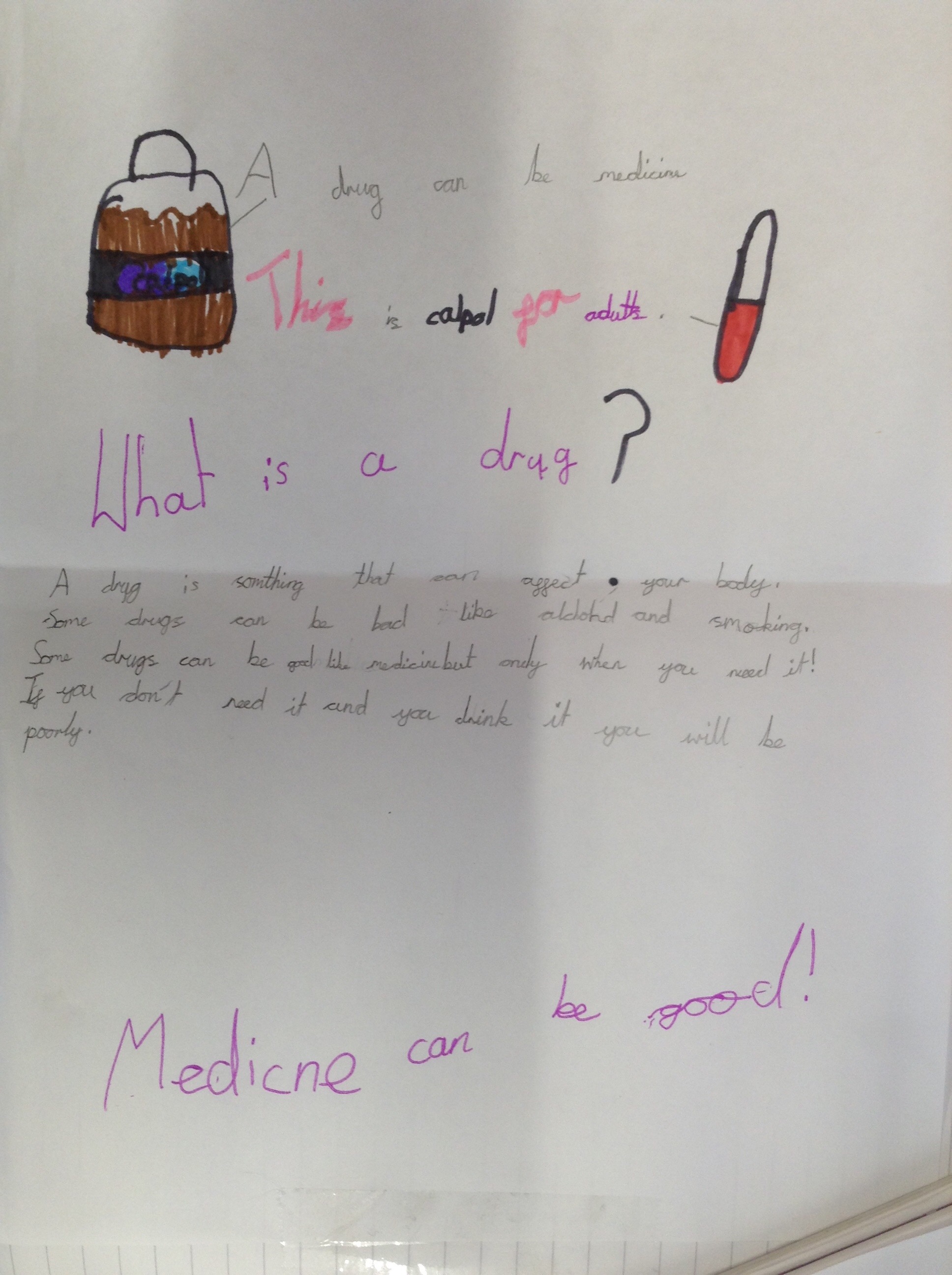
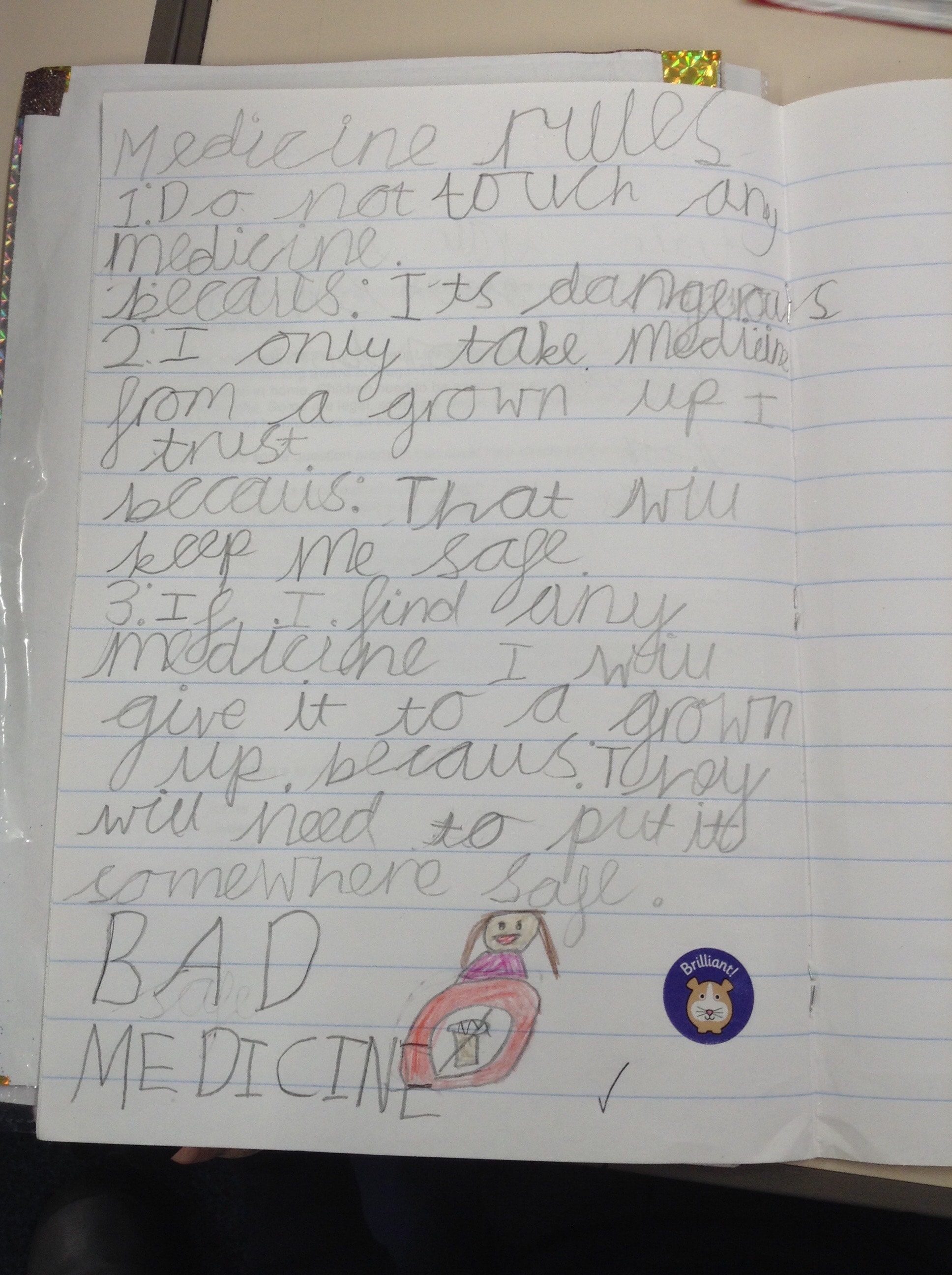
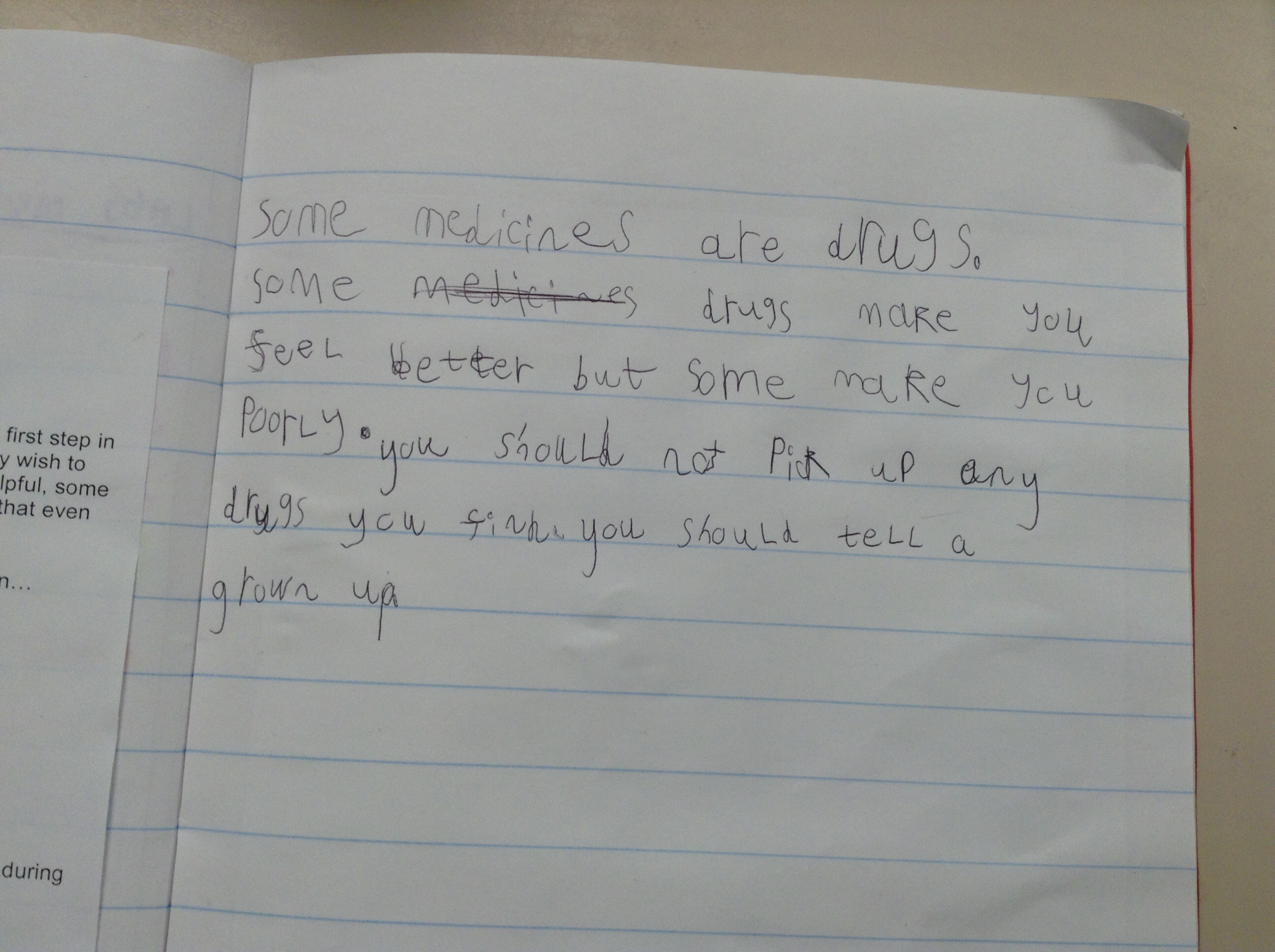
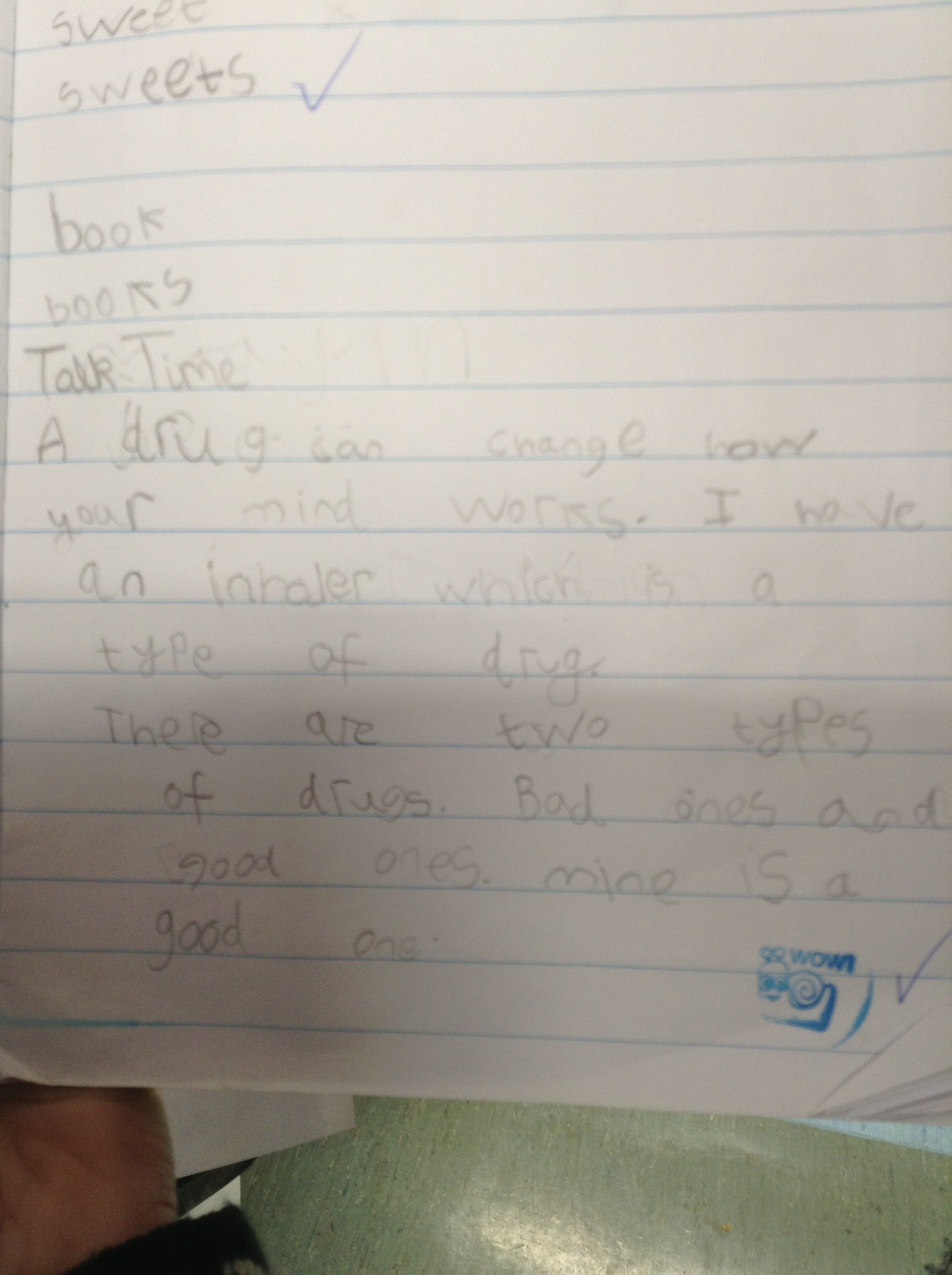
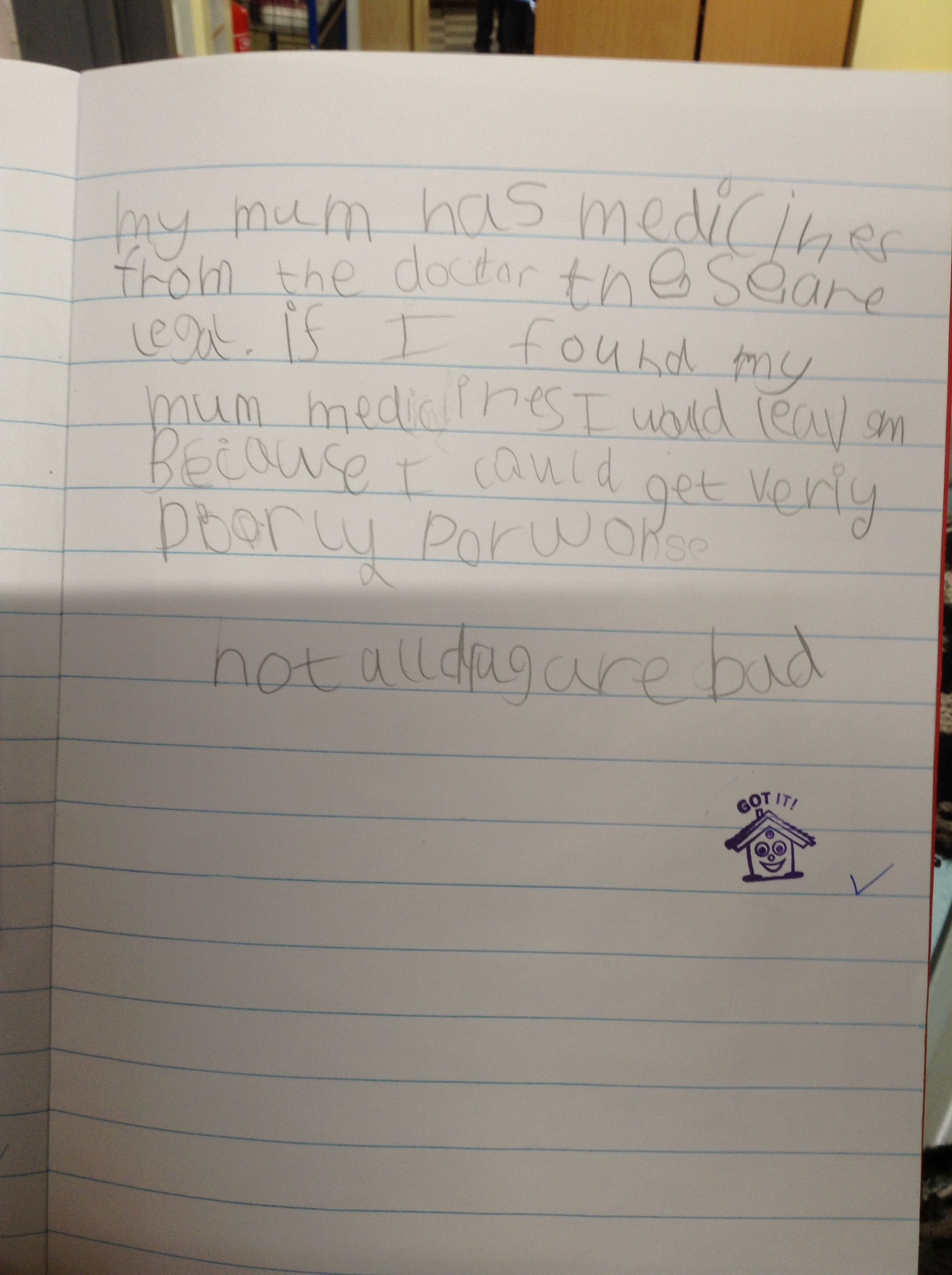
Class assemblies
Thank you to all the parents, carers and family members who came to support the children over the last three weeks. It is very exciting to share what we have been learning and the children were very proud of themselves, as were the teachers.
The slideshows are below if you want to re-live it again!
We s-now how to have a n-ice time outside!
We filled various containers with water on Thursday, hoping it would freeze overnight. We were also hoping for lots of snow but there wasn’t much. We were still excited for the snow flurries and pleased that our water had frozen! We managed to make some mini snowmen and enjoyed playing with the ice we had made.
Living & Learning homework review
This week, we reviewed our talk time homework (I know what a drug is) by discussing the topic as a class.
We began by sharing what we’d discussed at home with our partners. It was great to see that so many of us had clearly had a really useful, informative and important discussion with an adult at home. Those of us that had made notes in our homework books were able to contribute best. Then, we summarised our discussions as a table group.
After some reflection, we discussed some really important points as a class:
- Drugs can be illegal or legal.
- Some drugs make us better – medicines.
- Some ‘bad’ or illegal drugs can also be prescribed by a doctor (for example, cannabis).
- Even ‘good’ drugs (medicines) can be harmful to us if we take too many or take them when we don’t have a medical need.
- If we were to come across drugs or drug paraphernalia we should not touch it. We should leave them and alert an adult.
- If we feel pressured to do something, we should be confident that we can say no. We should also speak to someone we trust if we’re unsure.
Phonics -Pp
Over the last few weeks, we have introduced children to some letter sounds. So far, we have learnt Ss Aa Tt and we’ll learn Pp this week.
We talk to children about the letter names and the sounds that they make. We always use the pure sound, such as ‘sssssss’ rather than ‘suh’ and ‘mmmmmm’ not ‘muh’. If you’re unsure, watch this link of our F2 teachers producing the pure sounds.
We use the Jolly Phonics songs and actions to help us learn each sound. Here’s a video of the songs for the first set of sounds that we will learn. We continue to focus on the sound of the letters at the start of words and are playing lots of games including eye spy. We use objects that begin with the letters that we have learnt so far, like in this video game. You could play your own game using objects that you find at home.
Super Shadow Science!
Last week, we learned what objects makes the best shadow. This week, and building on our learning, we discovered how the size of shadows change when you move opaque objects closer or further away from the light source.
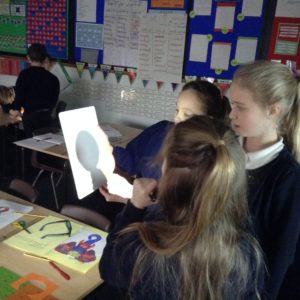
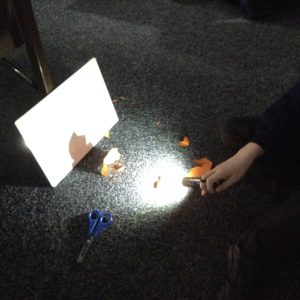

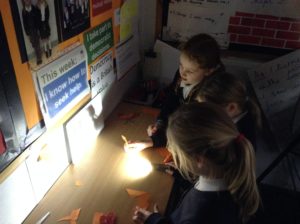

This is easy to do at home.
Why not try making shadow puppets?
